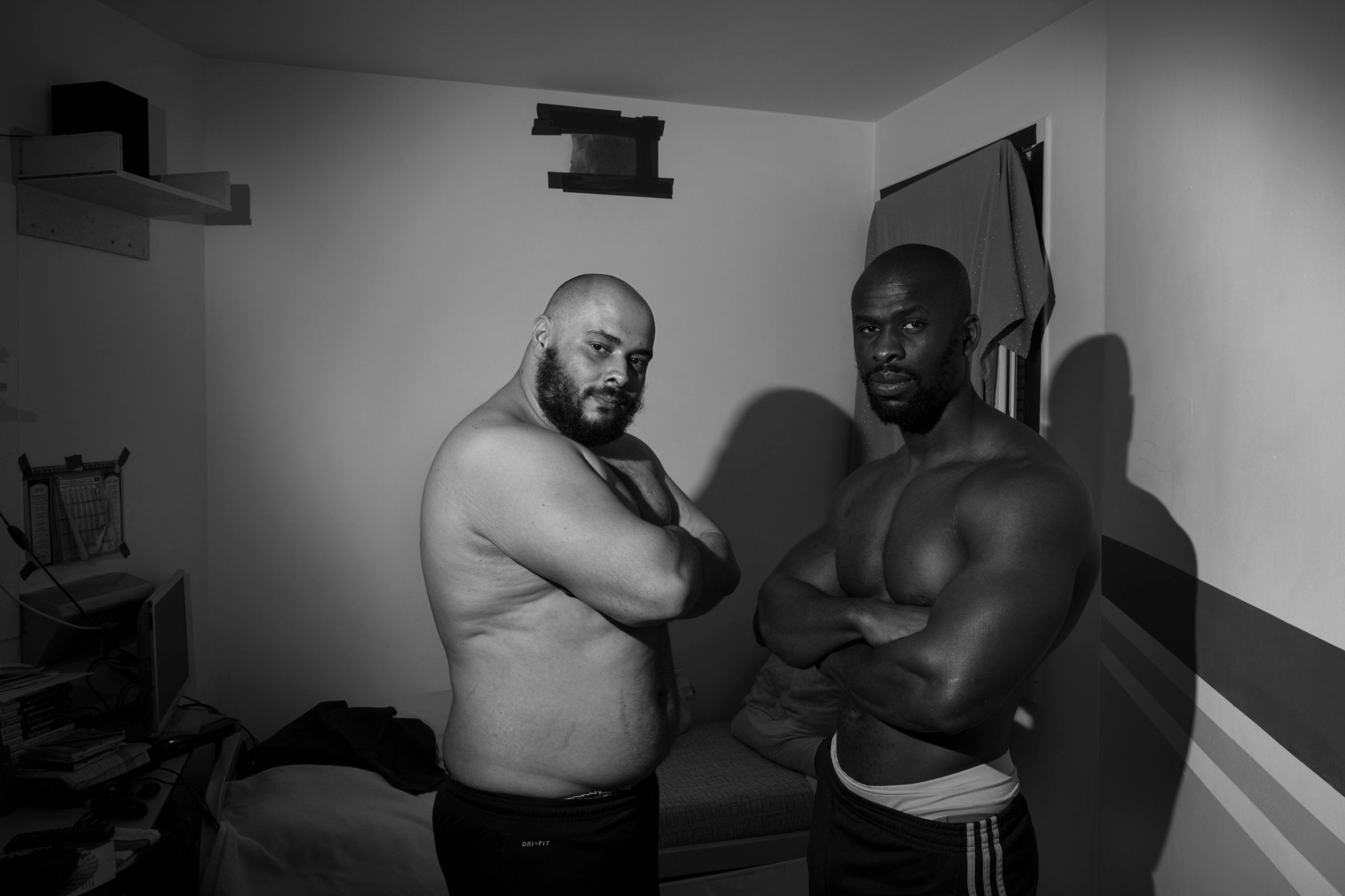
Prisons reflect the societies they inhabit, says Magnum photographer Paolo Pellegrin. France’s over-stuffed penitentiaries, in which over half the population is estimated to be Muslim, offer a rather unsettling mirror for an electorate soon to decide on the future of their country.
Pellegrin — whose nearly three-decade-long career brought him to penitentiaries in Guantanamo Bay, Liberia, Brazil and Cambodia — spent five days documenting life in the French prison of Meaux-Chauconin, 35 miles northeast of Paris. Meaux-Chauconin is one of 185 French prisons that have been thrust to the forefront of political campaigns ahead of first round presidential elections in April; elections that polls suggests a second-round run-off in May between far right, National Front leader Marine Le Pen and centrist candidate, Emmanuel Macron.
Human rights groups have deplored the deteriorating conditions of French prisons for more than a decade, a situation caused by a prison population growing faster than available cells. A 2006 Council of Europe report detailed endemic overcrowding, dirty cells, unsanitary toilets and inmates sleeping on mattresses on the ground. The issue has yet to be remedied. Today, according to the Ministry of Justice, there are 68,500 inmates against a nominal capacity of 54,600.
But it took recent terrorist attacks to bring this issue to the forefront of public discourse. While serving time in Fleury-Mérogis, Europe’s largest prison, Chérif Kouachi met Amedy Coulibaly. Kouachi attacked the offices of satirical magazine Charlie Hebdo with his brother, Said, days before Coulibaly’s raid on a kosher supermarket in Jan. 2015, killing a policeman and four Jewish shoppers. In June 2016, Larossi Abballa, a former prisoner flagged by prison officials for attempting to make other inmates join him in jihad, killed a police officer and his wife in an incident described by President François Holland as “unquestionably a terrorist act.”
In the aftermath of these attacks, politicians railed against the radicalization in prisons while numerous reports on the notoriously overcrowded facilities highlighted how weaker cellmates languishing in dangerous conditions could be indoctrinated. France’s Prime Minister Manuel Valls has since promised to build 33 more prisons by 2025, but prison officials say this is insufficient to alleviate the burden.
Responding to the terrorist threat, judges have started to deliver harsher sentences that push the conviction rate up and exacerbate the problem of overcrowding. “French people are becoming more and more traumatized and they want to see tough systems to terrorism,” Farhad Khosrokhavar, an expert on radicalization at the Ecole des Hautes Etudes en Sciences Sociales (EHESS), tells TIME. “When two attacks kill more than 250, authorities cannot [react] liberally to it.”
Officials have tried different initiatives to address these issues. De-radicalization programs are already in place, which see extremists and those susceptible to extremism corralled off from the general population and placed in high security units, where they receive visits from imams, teachers, sociologists and psychologists. Macron has reportedly suggested taking this one step further by creating separate prisons for French citizens who have fought for Islamic State. Le Pen, meanwhile, visited Meaux-Chauconin on Feb. 22, pledging an extra $2.3 billion in funding to create 40,000 extra cells, and reiterated her promise to make life imprisonment “real.”
Yet the problem goes beyond the prisons, where the susceptibility of inmates to radicalization is reflective of more complex problems in French society. Many Muslims, who come from impoverished backgrounds, feel “rejected by the society” due to the strong arm of the French state, and are arrested at a higher rate than other demographic groups. Khosrokhavar estimates that Muslims make up between 40-60% of inmates; a population highly susceptible to messages that promise them an alternative sense of solidarity.
A 2015 study found that Muslim men are four times less likely to secure job interview compared to their Catholic counterpart in France. This sense of discrimination has been further exacerbated by the French form of secularism known as laïcité, which separates religion from public life, leading to the ban on face veils in public. “Laïcité has become a religion itself” Khosrokhavar says, “they [Muslims] feel rejected by the system, and there is a kind of suspicion [in French society] that once you are a Muslim, you are not a good citizen.”
Paolo Pellegrin is a photographer represented by Magnum Photos.
Alice Gabriner, who edited this photo essay, is TIME’s international photo editor.
Tara John is a reporter at TIME.
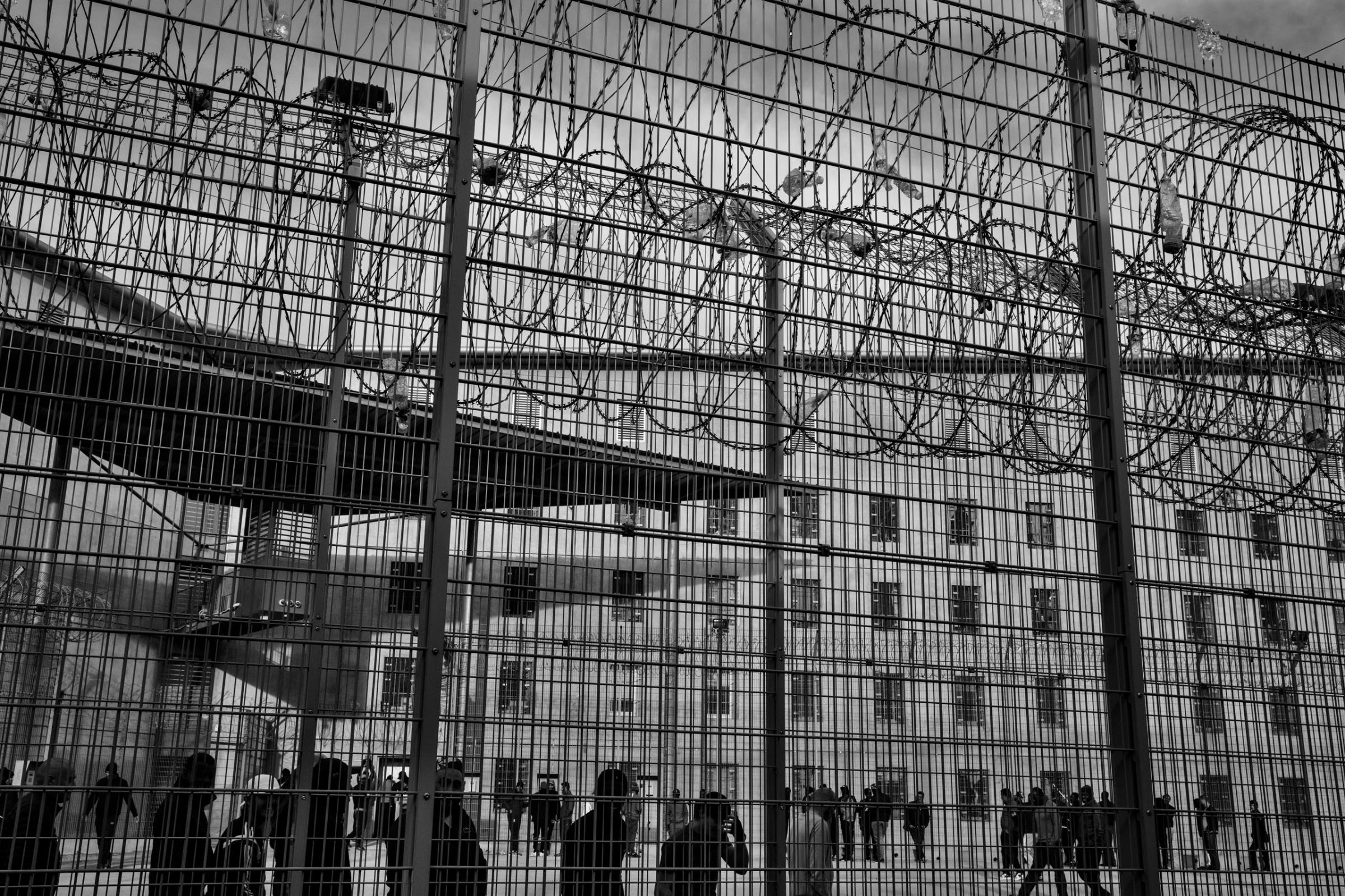
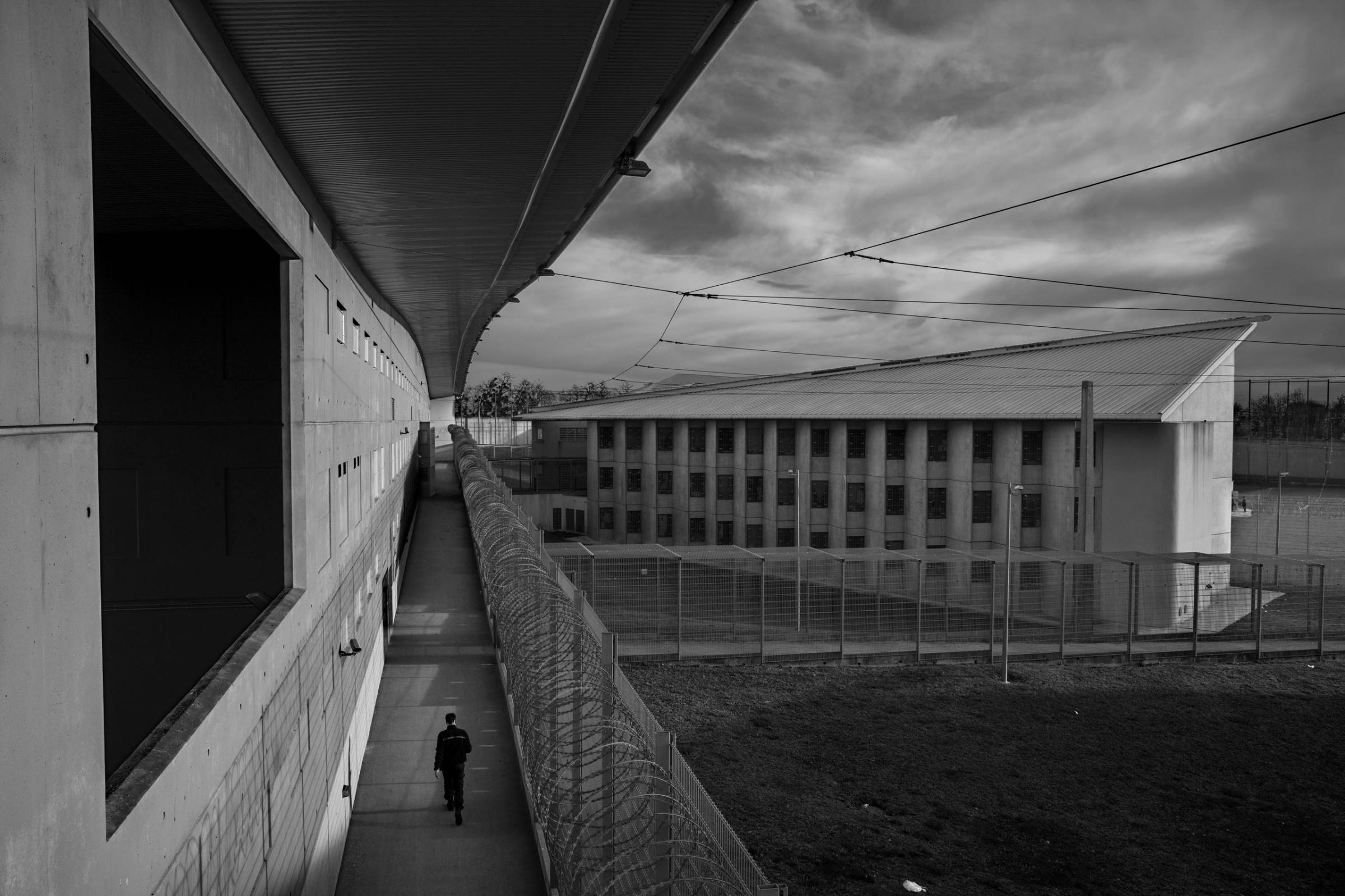
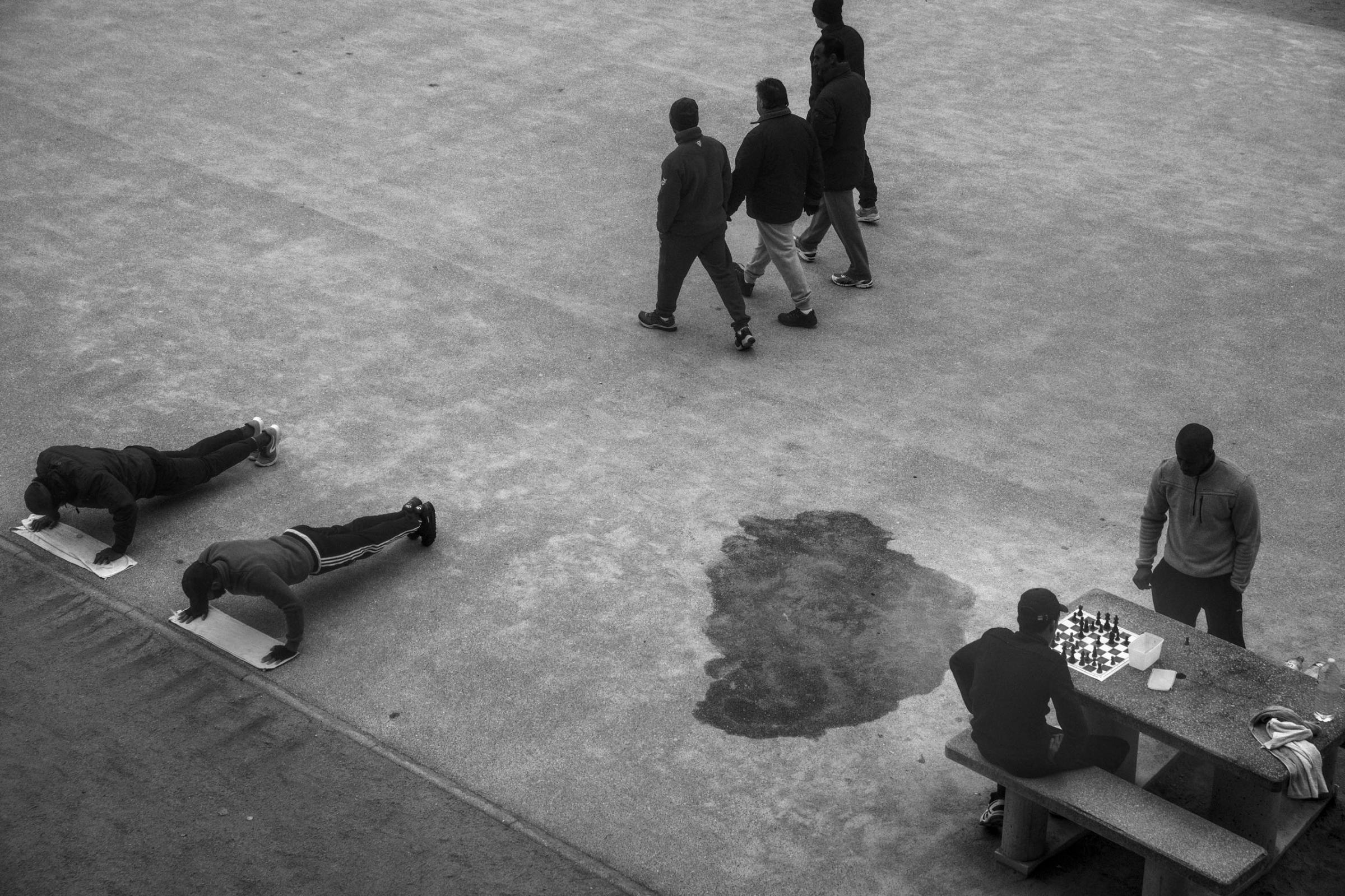
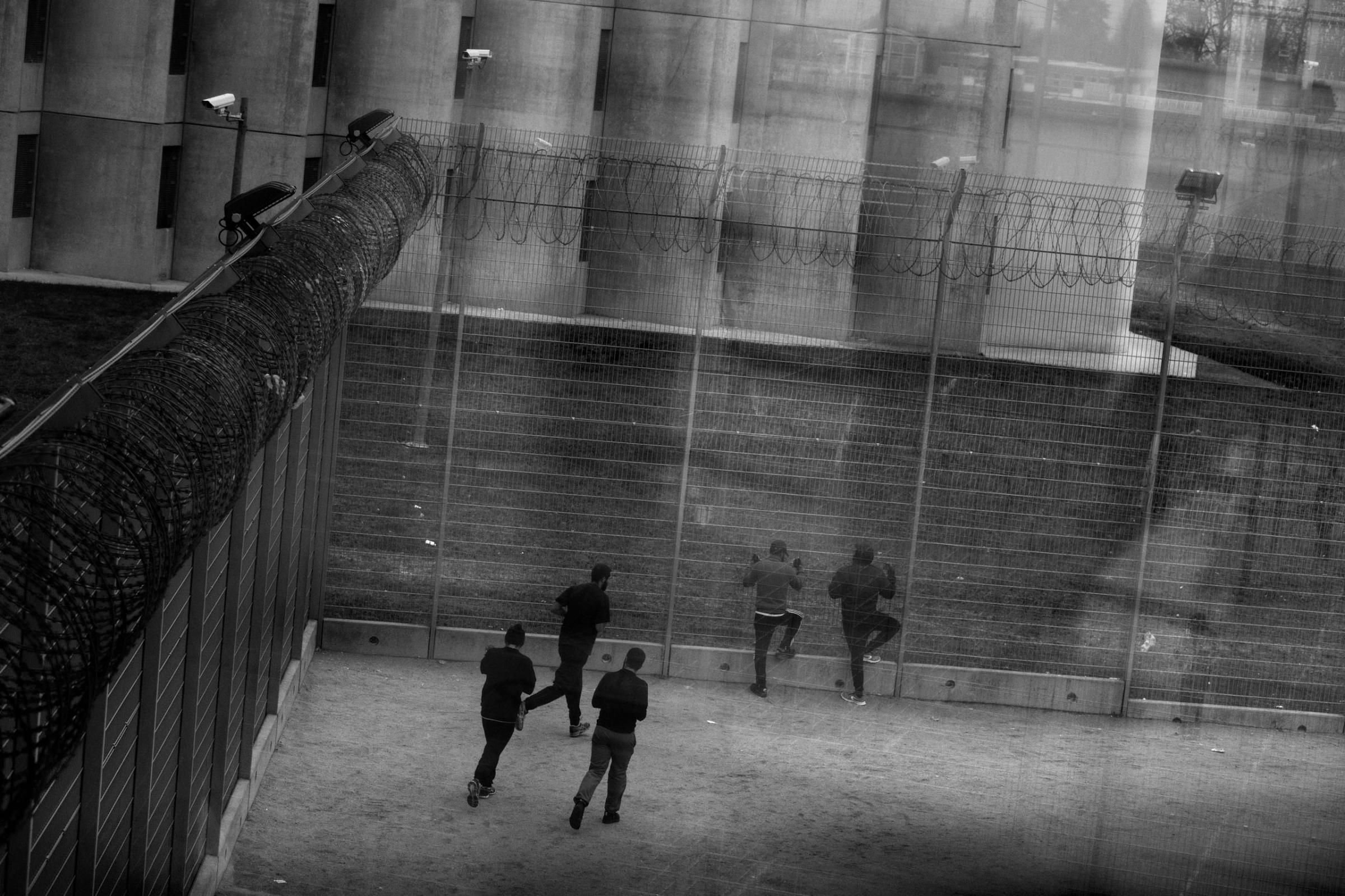
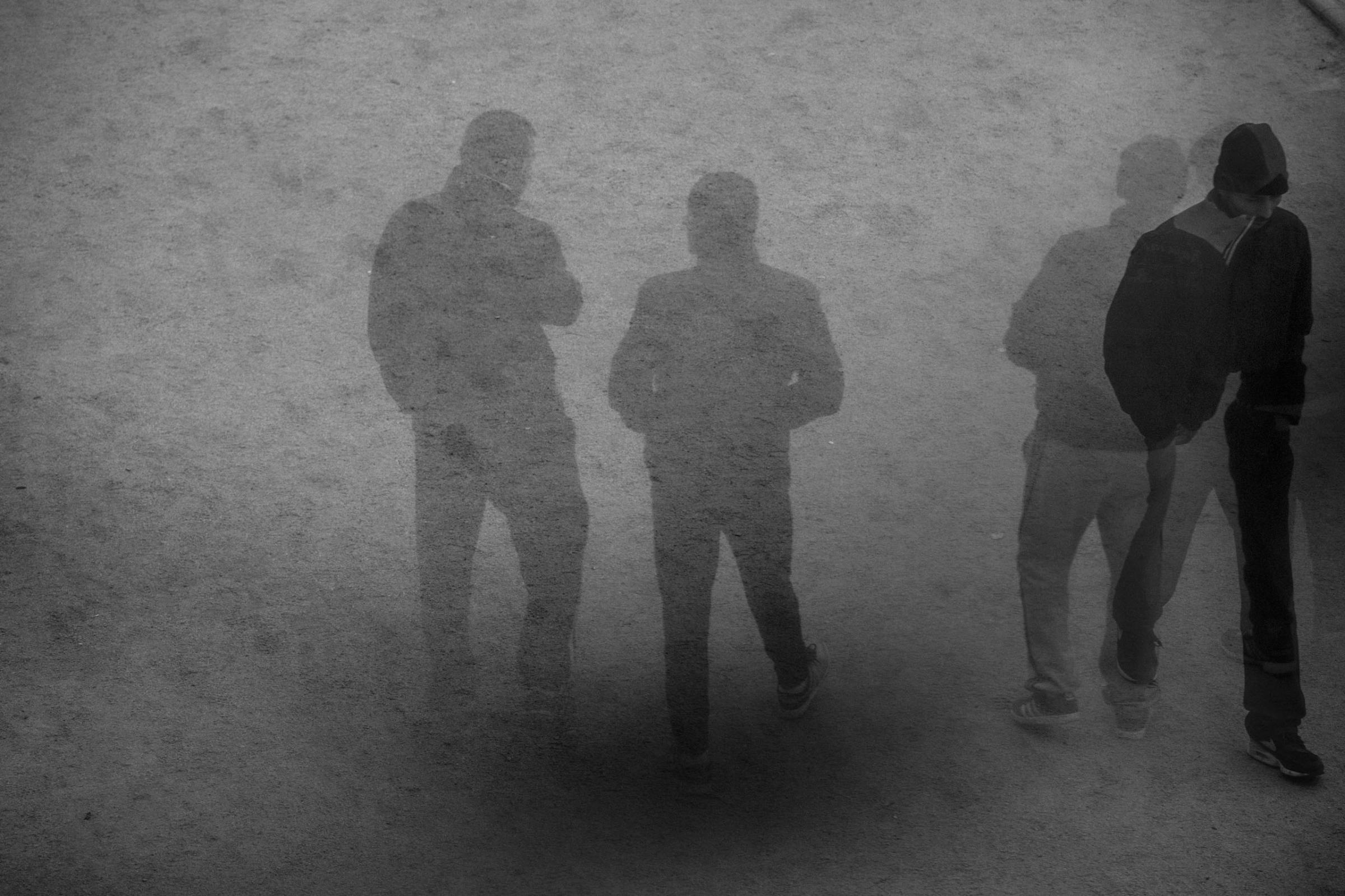
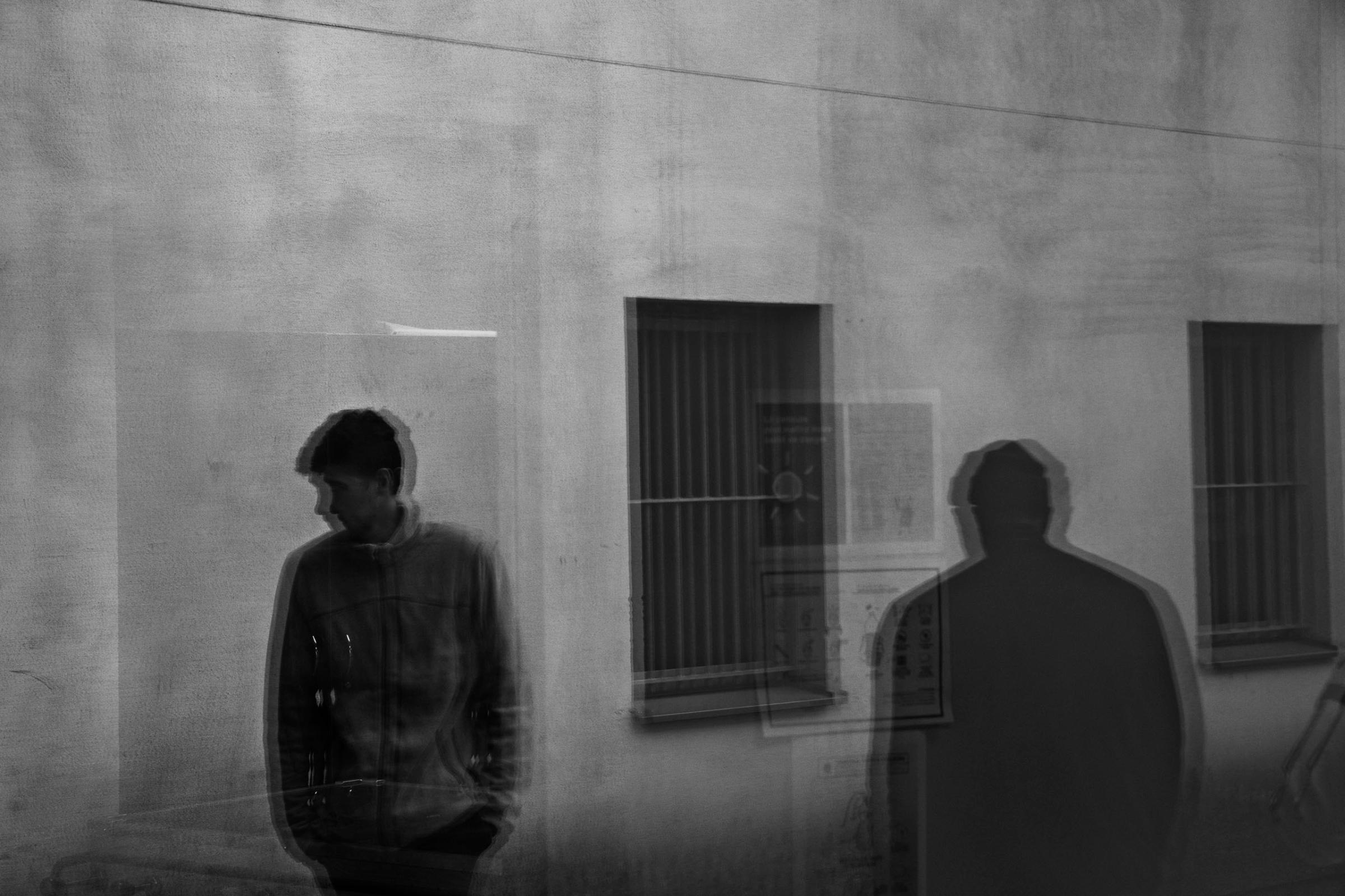
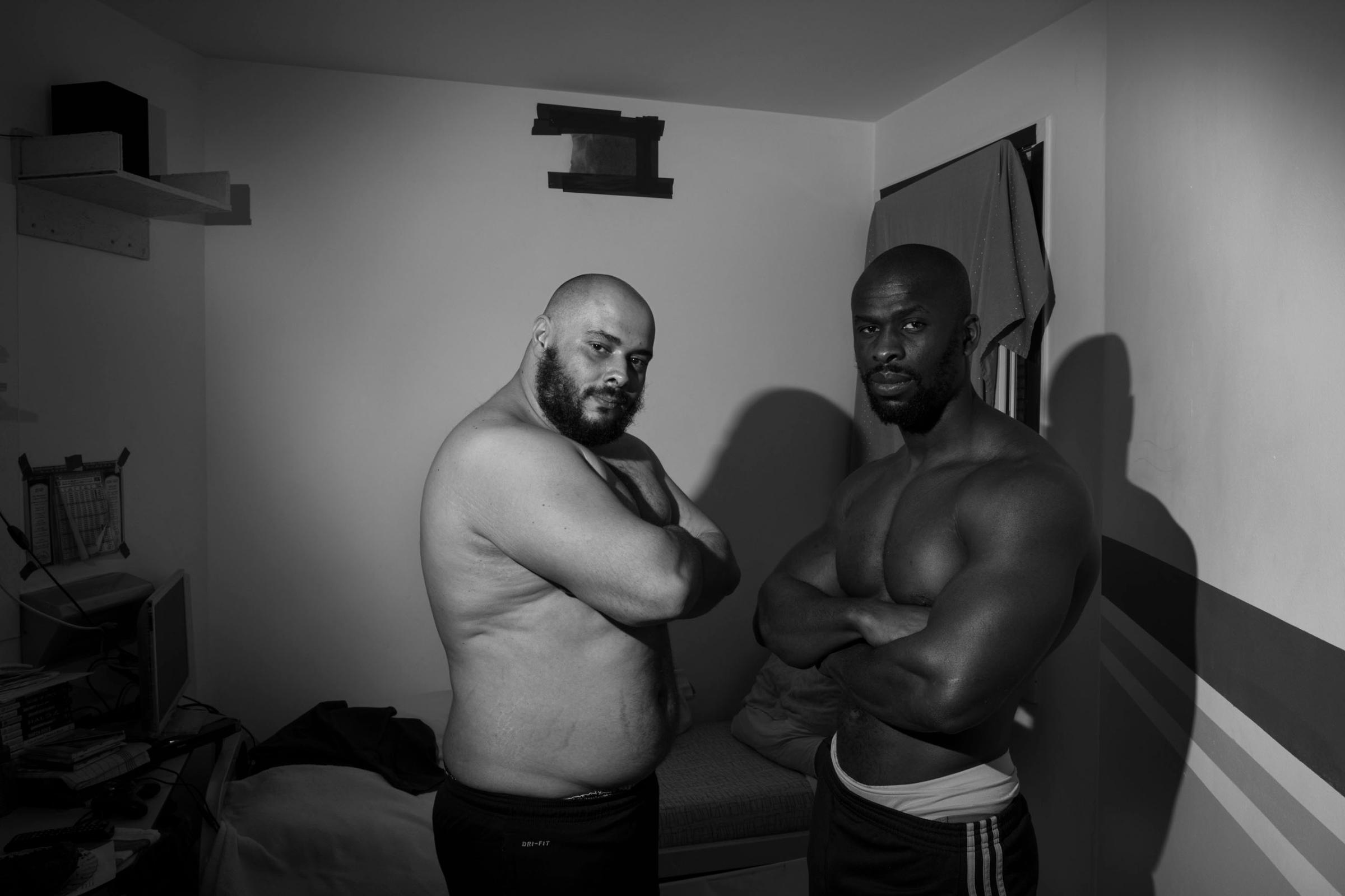
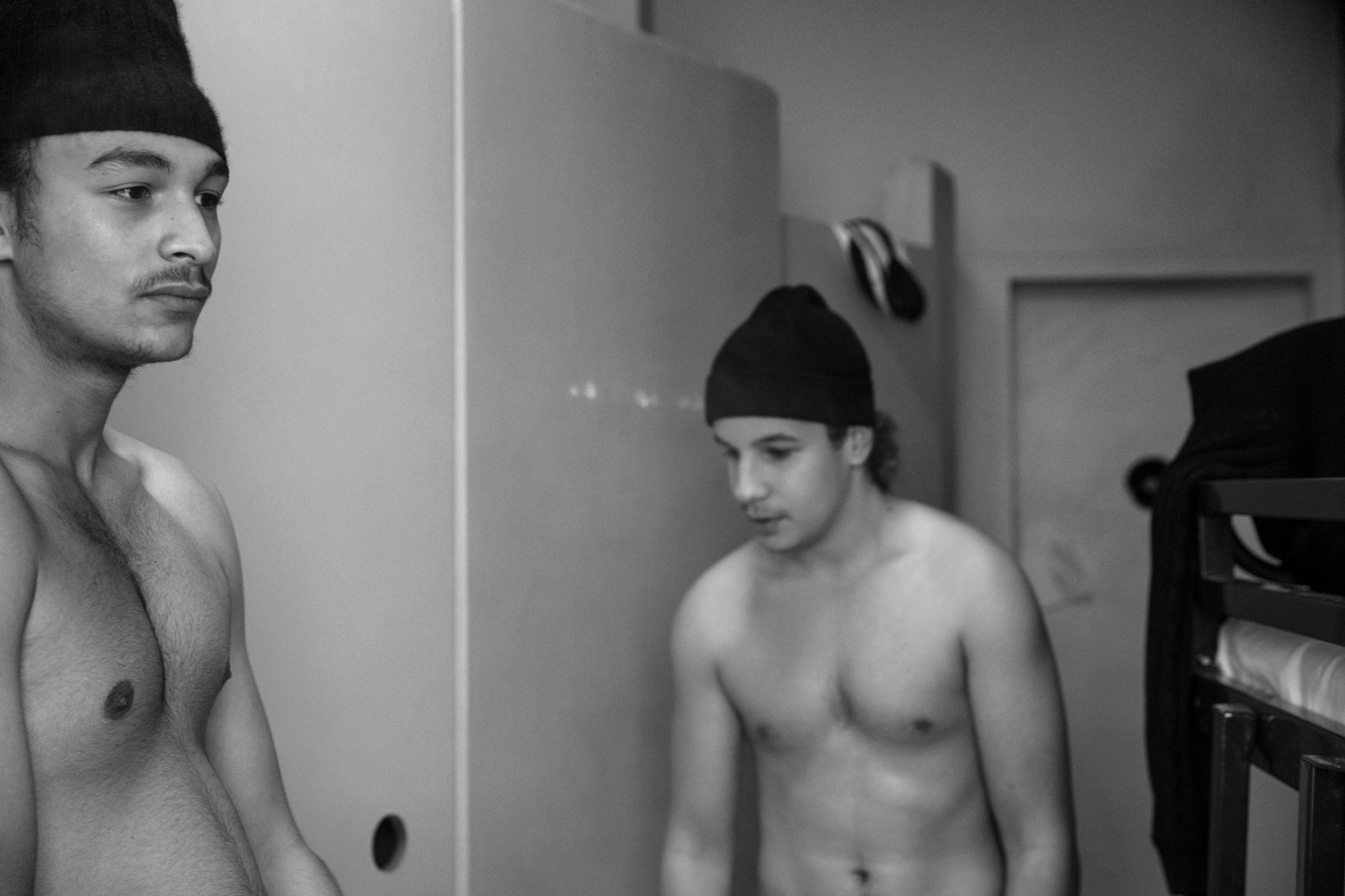
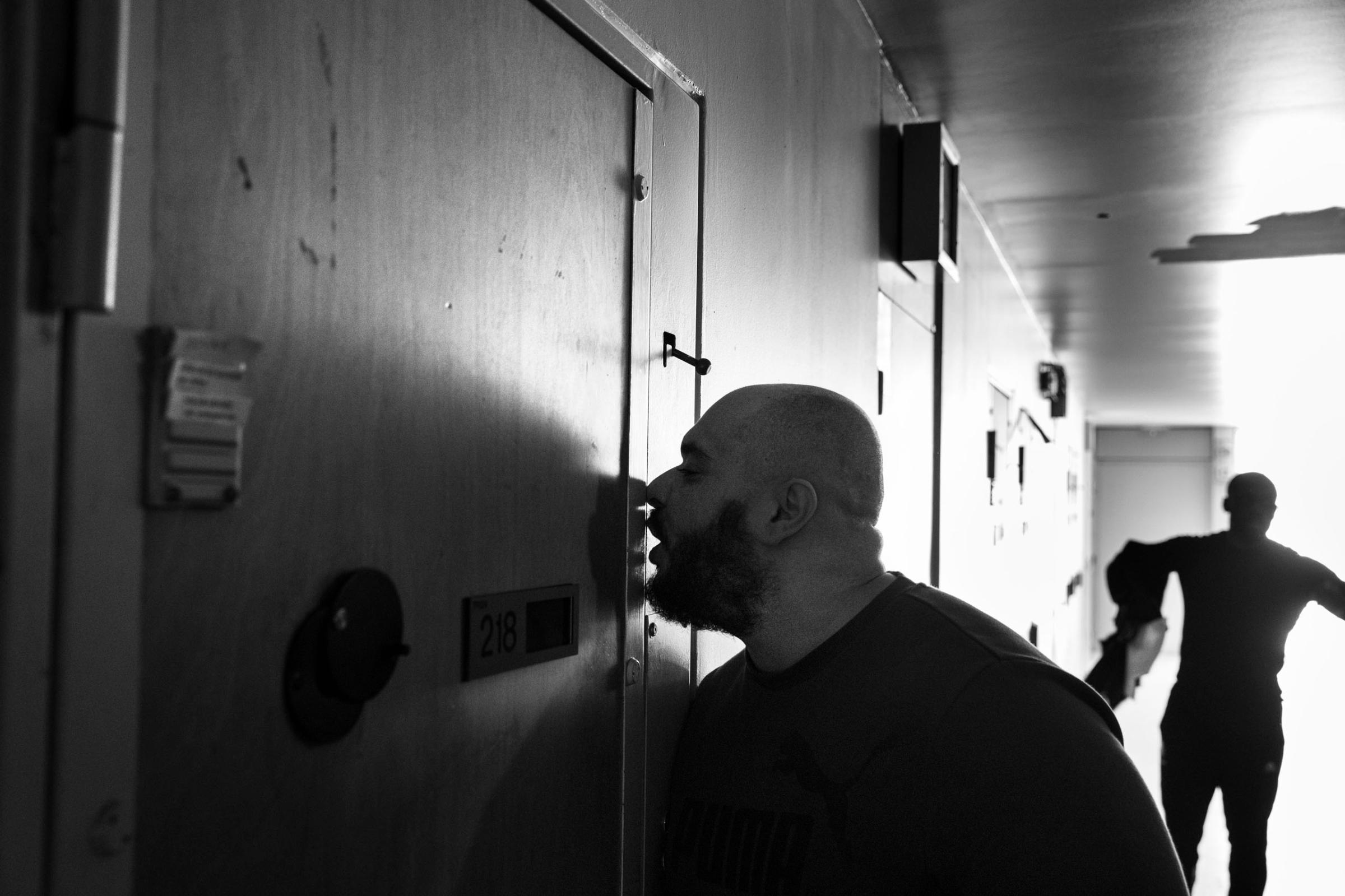
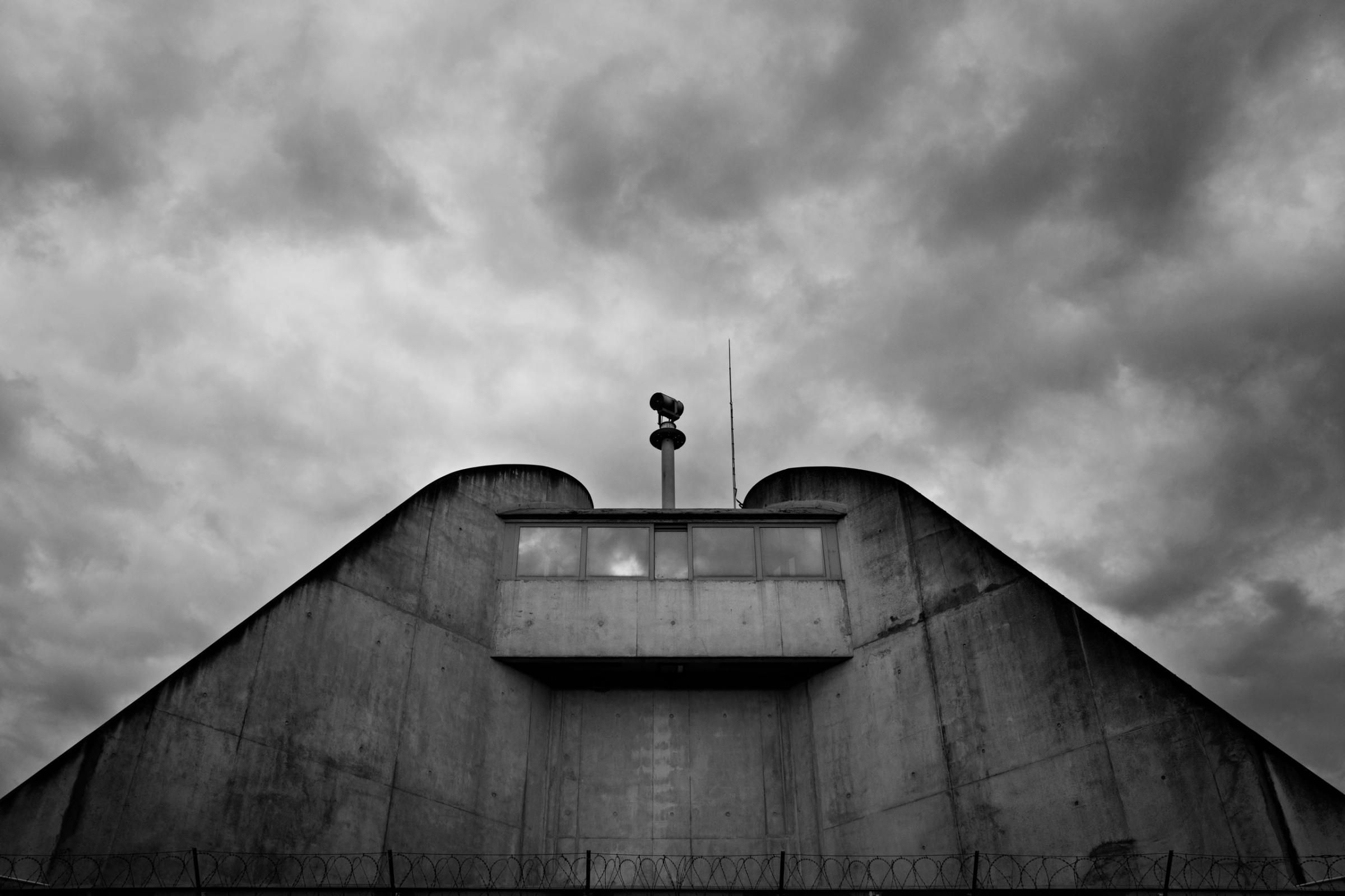
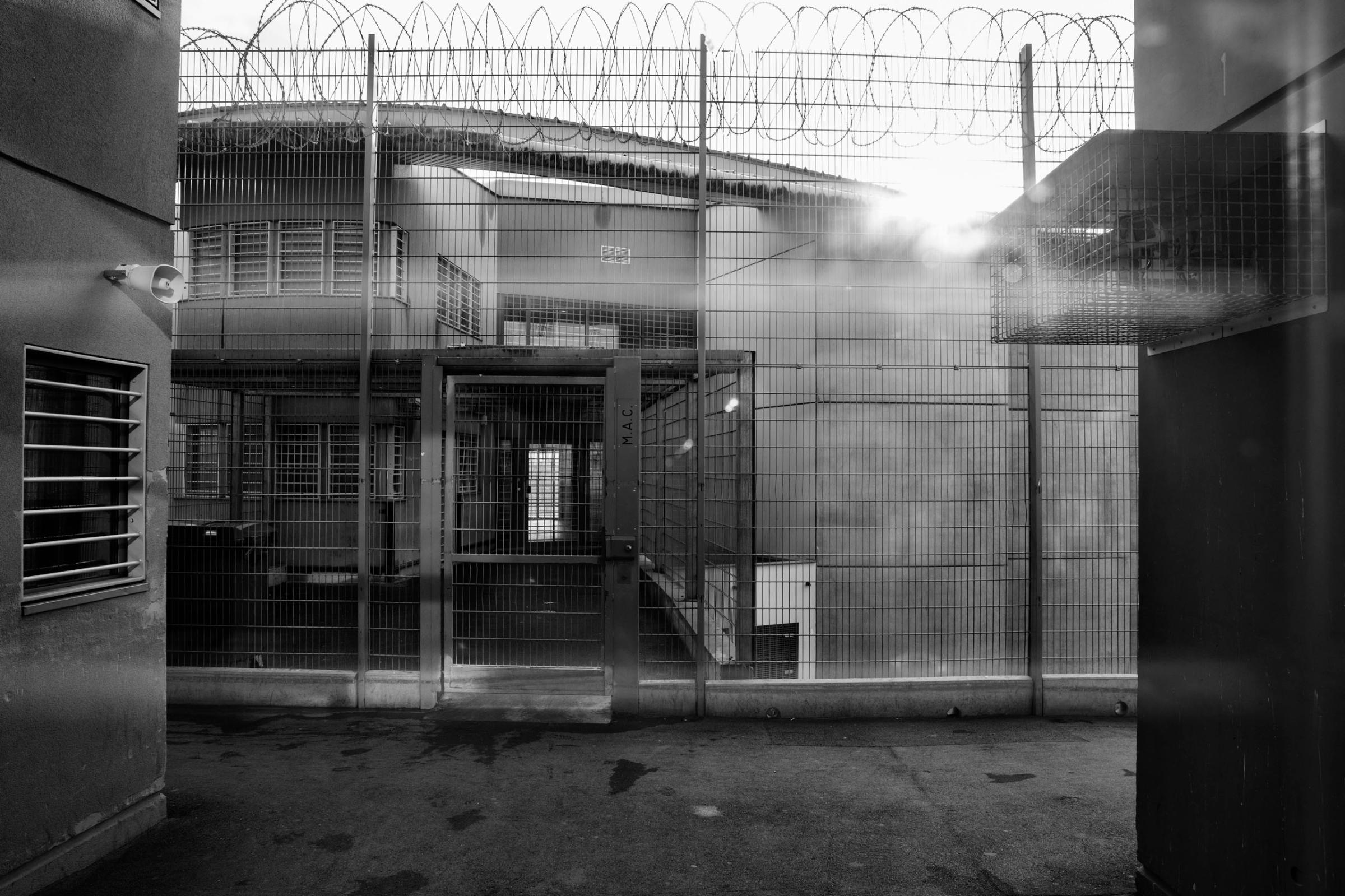
More Must-Reads From TIME
- The 100 Most Influential People of 2024
- Coco Gauff Is Playing for Herself Now
- Scenes From Pro-Palestinian Encampments Across U.S. Universities
- 6 Compliments That Land Every Time
- If You're Dating Right Now , You're Brave: Column
- The AI That Could Heal a Divided Internet
- Fallout Is a Brilliant Model for the Future of Video Game Adaptations
- Want Weekly Recs on What to Watch, Read, and More? Sign Up for Worth Your Time
Contact us at letters@time.com